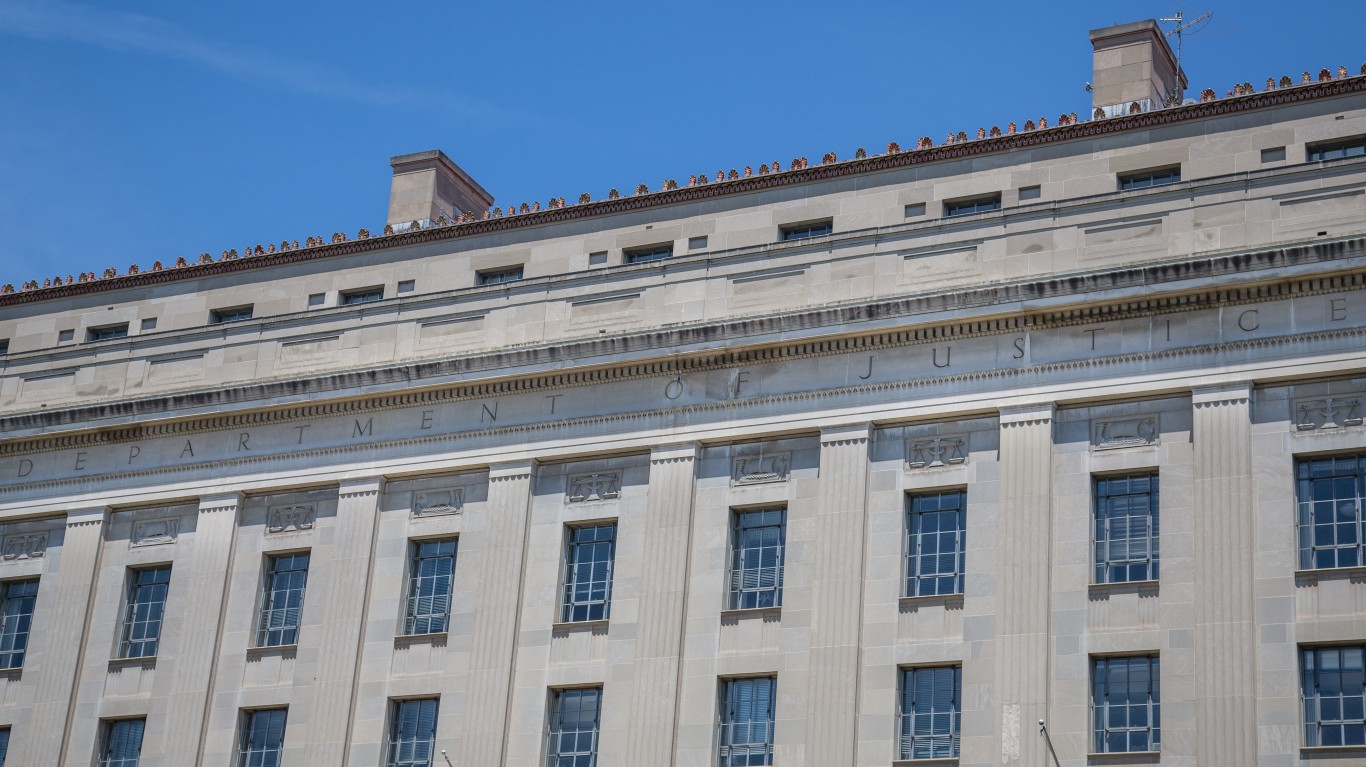Investing
DoJ Indicts DPRK Foreign Trade Bank Representative for Laundering Crypto

Published:
Last Updated:

The Department of Justice unsealed two indictments against Sim Hyon Sop, a representative of North Korea’s Foreign Trade Bank alleging he helped in the execution of multiple operations seeking to launder stolen cryptocurrencies. The same individual was also sanctioned by OFAC for their involvement with DPRK’s hacker organization—the Lazarus Group—earlier on Monday, April 24th.
According to a Monday press release, the Department of Justice charged a North Korean national and a representative of DPRK’s Foreign Trade Bank with laundering stolen cryptocurrency. The indicted individual, Sim Hyon Sop, allegedly converted the digital assets with the help of OTC traders and forwarded the funds to his government.
The Department of Justice also alleges that the funds were ultimately used to fund North Korea’s weapons development and production. Assistant Attorney General Kenneth A. Polite, Jr used the press release to highlight DPRK’s “innovative” ways of evading sanctions and reaffirmed the DoJ’s commitment to stopping such actions:
The charges announced today respond to innovative attempts by North Korean operatives to evade sanctions by exploiting the technological features of virtual assets to facilitate payments and profits, and targeting virtual currency companies for theft. We will continue to work to disrupt and deter North Korean actors and those who aid them by following the money on the blockchain and shining a light on their conduct.
Three other individuals are alleged to have assisted Sim in his money laundering operations. Interestingly, two of them—Wu Huihui and Cheng Hung Man—were also sanctioned by the US Treasury’s Office of Foreign Assets Control (OFAC) earlier on Monday.
While multiple sanctioned countries like Iran and Russia have been accused of utilizing digital assets to access the international financial system, few have been as active and aggressive as North Korea. DPRK’s hackers have been using a wide array of strategies and types of attacks to drain hundreds of millions of dollars in cryptocurrencies.
The Lazarus Group, allegedly controlled by North Korea’s Reconnaissance General Bureau, has even conducted the biggest-ever digital assets hack stealing more than $600 million worth of digital assets. Additionally, the UN estimates that DPRK drained around $1 billion in cryptocurrency throughout 2022—twice as much as in 2021.
Considering the Hermit Kingdom’s actions, it is not surprising that various organizations across the globe have been seeking to stop their cyber attacks. Perhaps the most controversial action undertaken by such an organization is the US’s sanctioning of a cryptocurrency mixer called Tornado Cash.
While OFAC issued a statement justifying the blacklisting by saying that the mixer was used to finance DPRK’s WMDs, an advocacy group called Coin Center sued the Treasury alleging that Tornado Cash is a piece of open-source software and thus both protected by the Constitution and unsanctionable under the current legal framework.
This article originally appeared on The Tokenist
Thank you for reading! Have some feedback for us?
Contact the 24/7 Wall St. editorial team.